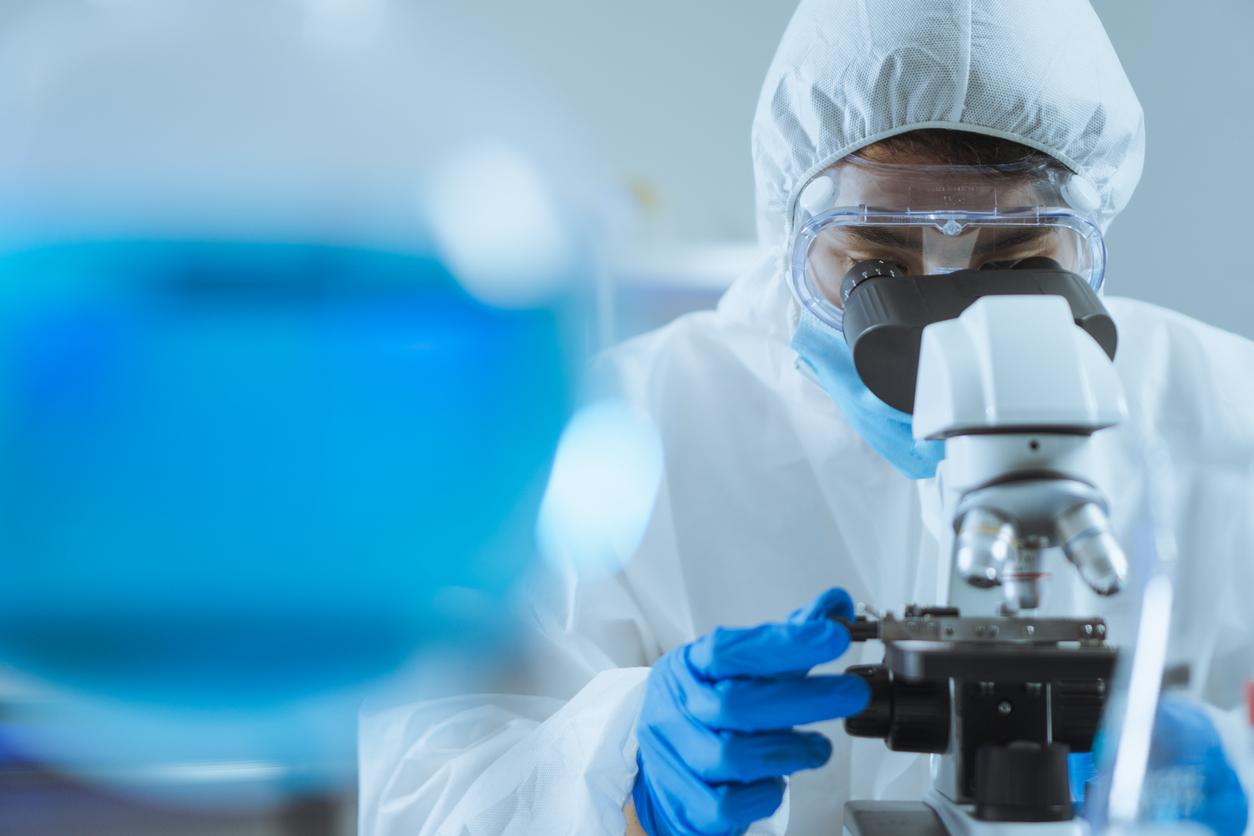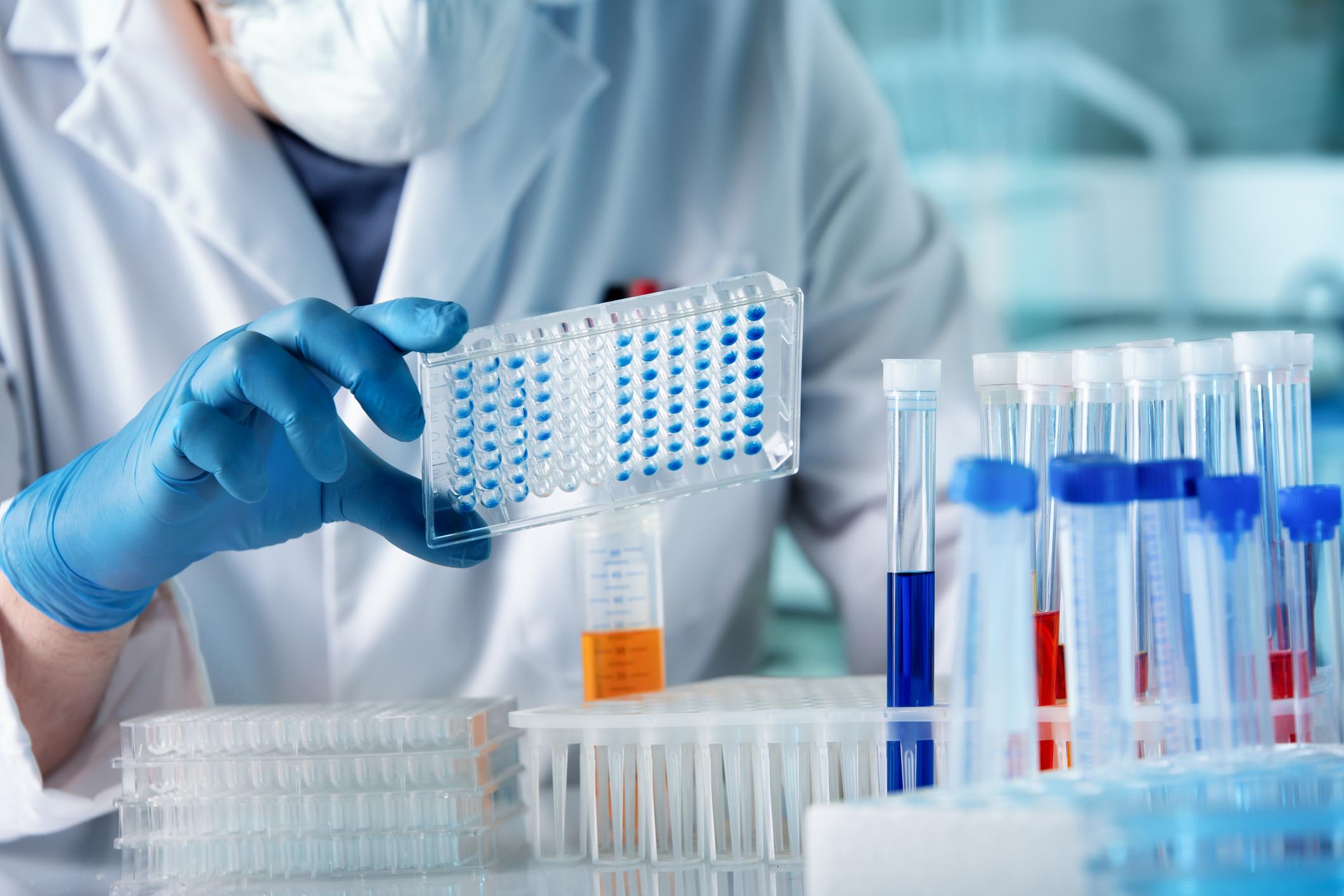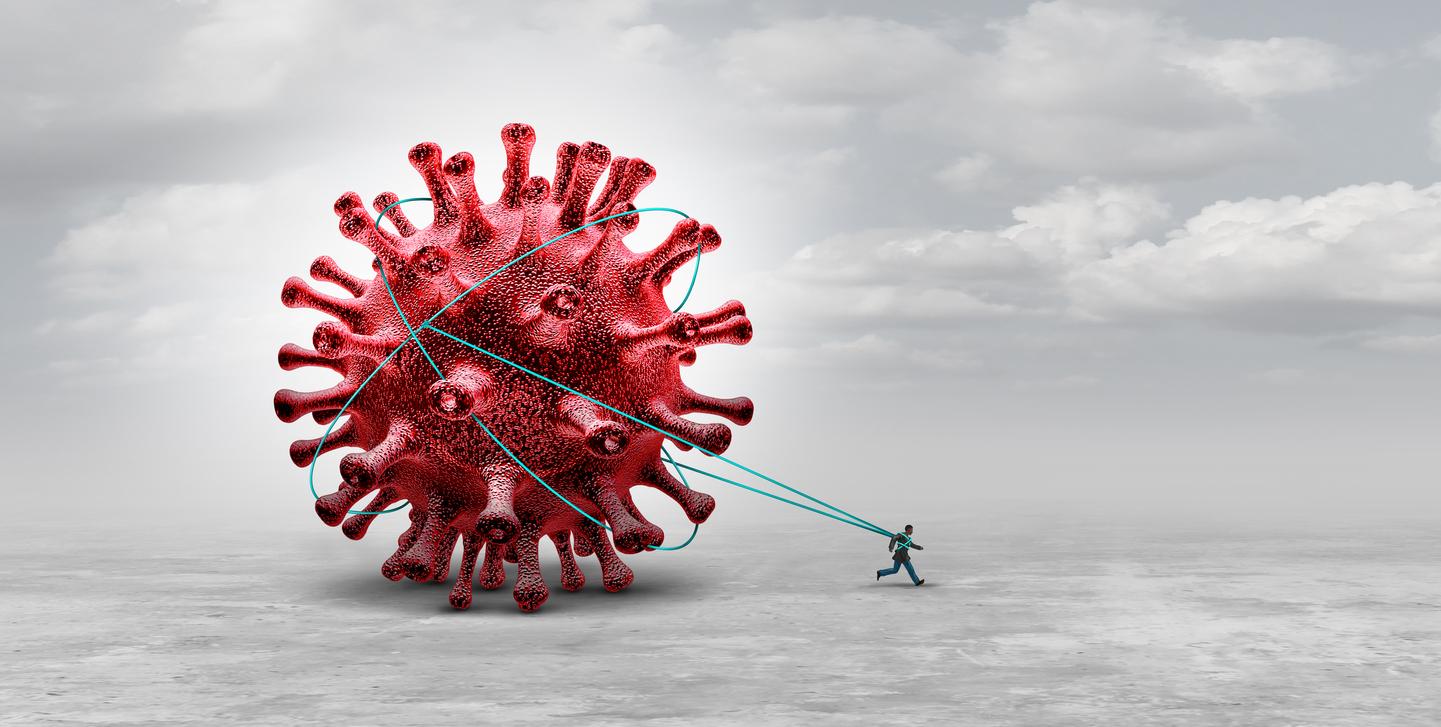Last June, the British Recovery trial revealed its first results in the fight against the coronavirus. A medicine, family of steroids seemed to stand out by reducing the mortality of patients with severe forms of Covid-19 by a third. At least that’s what the scientists in charge of the study have announced. in a press release published on June 16.
Based on the results of this study, the European Medicines Agency has just approved the use of this drug for the treatment of severe cases of Covid-19 “for adults and adolescents (over 12 years old and weighing at least 40 kg) whose condition requires the administration of oxygen” underlines the Medicines Agency. It adds: “among intubated patients, 29% of those treated with dexamethasone died after 28 days of treatment, compared to 41% of those who did not receive it”.
One in eight deaths could be avoided
Dexomethasone is an inexpensive steroid and already on the market : it has been used for decades, particularly in intensive care to treat acute respiratory distress syndrome”. And good news, according to this study, it would save one in eight lives for patients placed on artificial ventilation. It has been given to 2,104 patients over a 10-day period, either orally or intravenously.The results of the drug were compared with 4,321 other patients who had not been given it.
The drug has also been hailed by the World Health Organization (WHO). “It’s the first proven treatment which reduces mortality in patients with Covid-19 on oxygen or ventilator support,” commented WHO Director-General Tedros Adhanom Ghebreyesus. “This is good news and I congratulate the British government , the University of Oxford and the many hospitals and patients in the UK who have contributed to this life-saving scientific breakthrough.”
A powerful anti-inflammatory
It is a very powerful anti-inflammatory, which can act to limit the very strong inflammation (storm of cytokines) which occurs in the lungs in severe patients. The very one that causes a lack of oxygen such that they must be placed on oxygen, or even intubated in intensive care. Although this type of drug was not recommended in the face of the virus from the start of the epidemic, it now appears to offer real hope for treating patients at an advanced stage with intubation.
Besides, explain European 1some doctors did not wait for the results of the Recovery trial to use this drug, since “all the patients who were admitted to Lariboisière in intensive care because of the coronavirus received it during the epidemic of the months of March and April”, the head of the medical resuscitation service at the Paris Lariboisière hospital, Bruno Megarbane.
Useful only in severe cases
This treatment is therefore reserved for a very specific moment in the development of the disease, when the latter worsens, between “d+8 and d+10 after the first symptoms”, further specifies Professor Megarbane.
The trial doctors believe that it should now be the “basic treatment” in such cases. Moreover, the British health services were quick to react: “We are working with the NHS to include dexamethasone as standard treatment for Covid-19 from this afternoon“said Minister of Health Matt Hancock in a video posted on his Twitter account.
Dexomethasone is less effective when the stage of the disease is less severe, the researchers note. For patients who do not require respiratory assistance, its effects are not beneficial. For patients wearing an oxygen mask, it reduces mortality by a fifth of them.
“We now know that it saves lives in Covid 19 not only in patients on a ventilator but also in those hospitalized on oxygen in the absence of a ventilator”, accurate to LCIthe head of the intensive care unit at Garches hospital, Djillali Annane. “We no longer have to fear that there will be a second wave, we are now armed”, he added.
And to explain it in more detail: “This treatment will save lives and prevent a large number of patients from requiring a respirator with the shortage that we have experienced.”
As for the side effects – mainly bacterial infections or fungi – due to the drop in immune defences, they remain lower than the benefits in severe patients.
Read also:
- Coronavirus: why should anti-inflammatories be stopped?
- Saliva tests: recommended for symptomatic people
- Treatment of the coronavirus: what are the leads?
















